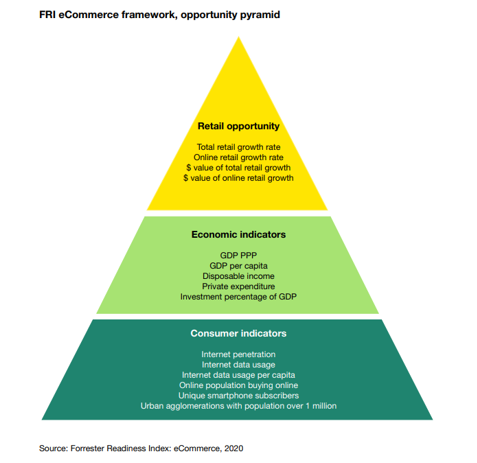
Brian Cornell, chief executive officer and chairman of Target Corp., left, speaks during a news conference with President Donald Trump in the Rose Garden of the White House in Washington, D.C., on Friday, March 13, 2020.
Andrew Harrer | Bloomberg | Getty Images
Two days after the World Health Organization declared the coronavirus a global pandemic, President Donald Trump brought in leaders of some of the country’s biggest companies to showcase a plan to tackle the outbreak.
Trump spoke Friday flanked by the CEOs of Target, Walmart, Walgreens and others as he updated the country on the government’s response to the virus. As he handed the mike and podium over to them the message was clear: We’re in good hands.
Trump lauded the CEOs as “celebrities in their own right” and praised their companies as the greatest in the world. The executives, like by Walmart CEO and President Doug McMillon, said they will help with increasing testing capacity by offering space in their parking lots for drive-through testing facilities.
The administration’s ability to quickly ramp up testing has been marred by missteps and an underfunded system. In recent days, though, it has approved new tests — such as one from Swiss diagnostics-maker Roche — giving the government the capacity to make more.
Medical companies LabCorp and Quest have already joined the government in offering their labs for testing purposes.
“Today, I trust that people in America are looking on at this extraordinary public and private partnership to address the issue of testing with particular inspiration,” said Vice President Mike Pence.
Trump also announced Friday that Google is developing a website to help people determine whether they should get tested for coronavirus and where to find a place to be tested.
Details around the government’s partnership with the retailers remain scant. It is unclear when they will begin to roll out a testing service and in how many places.
The market, nonetheless, reacted well to the news, with the Dow Jones Industrial Average closing 1,985 points higher Friday.
The Friday press conference topped a week of meetings with business leaders in banking, technology, pharmaceutical and other industries.
For the retailers, the actions announced Friday are a natural expansion of efforts to utilize their vast footprint to provide medical care. CVS Health bought insurer Aetna for roughly $69 billion two years ago, and has since expanded healthcare services in its stores.
Walmart has long been a pioneer in healthcare, including with its own employees. Ninety percent of the U.S. population lives within 10 miles of a Walmart, putting it in a unique position to reach to consumers, particularly those in rural areas. The retailer has explored other partnerships with the government, like an experiment in telehealth with the U.S. Department of Veterans Affairs.
Walmart has also taken an increasing interest in dipping its toe into public policy. The retailer’s decision to dramatically step back from ammunition sales after recent mass shootings led to other major retailers following suit.
McMillon leads the Business Roundtable, a group representing the CEOs of nearly 200 companies. The Business Roundtable last year made a splash embracing stakeholder capitalism as its new purpose. With that statement, the companies said their focus is on serving not only its shareholders but all stakeholders, including customers and communities.
None of the companies disclosed what financial impact, if any, the plan announced by Trump Friday would have on their financials.
“These are extraordinary times that call for extraordinary measures,” said Richard Ashworth, Walgreens president.
CNBC’s Melissa Repko contributed to this story.

